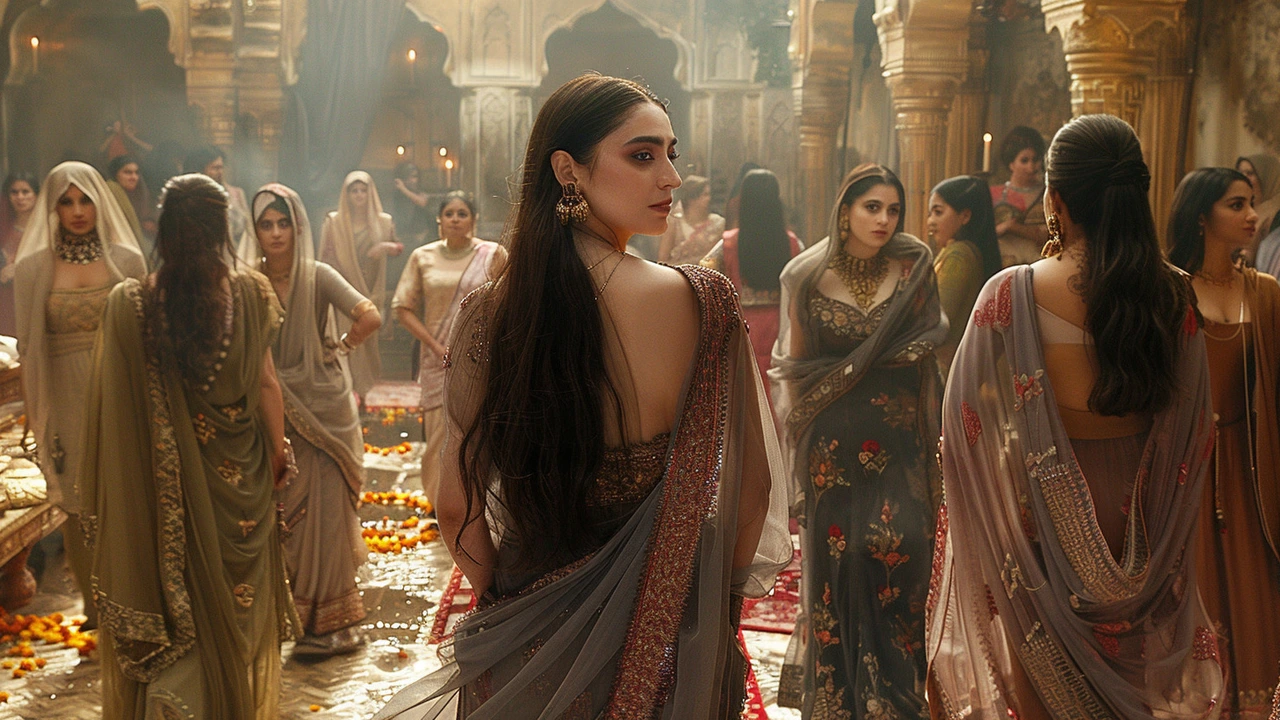Understanding Courtesans: More Than Just a Name
Have you ever heard the word "courtesan" and wondered what it really means? It’s a term tossed around in history books, movies, and conversations, but many don’t exactly know who courtesans were or why they mattered. Simply put, courtesans were companions often linked to wealthy or powerful men, but their role went way beyond just being company.
Courtesans played unique and sometimes influential roles, especially in societies where women’s freedoms were limited. They were often educated, charming, and skilled in arts like music, poetry, and conversation. This made them more than just companions – they could navigate social circles, politics, and even culture, sometimes shaping ideas and trends.
The Role and Image of Courtesans in History
In many parts of the world, from Renaissance Europe to Asia, courtesans existed as a class that mixed entertainment, companionship, and intellect. Unlike average entertainers, they often had direct access to important figures. For example, in Renaissance Italy, courtesans were known for their wit and ability to influence wealthy patrons, sometimes even affecting political decisions. They were educated in philosophy, arts, and languages, making them respected in their circles.
But not all views of courtesans were positive. Society often saw them through a mix of glamour and suspicion, and sometimes they were unfairly judged simply because of their association with power and wealth outside traditional marriage norms. Still, many courtesans used this position to gain independence and influence, challenging typical gender roles.
Why Do Courtesans Still Interest Us Today?
Even now, the idea of courtesans intrigues people because they represent a mix of power, intellect, and social navigation in a world that often didn't give women many options. Movies, books, and TV shows often romanticize or dramatize their lives, which keeps the concept alive. But beneath the glamour is a story about people who managed to survive and shape their environment in subtle but significant ways.
If you want to understand historical societies better, looking at the lives of courtesans offers a unique window into the cultural and social dynamics of past eras. These women weren’t just followers of rich men – they often set trends, influenced art, and left a mark on history in ways you might not expect.
So next time you come across the word "courtesan," remember it’s more than just an outdated term. It points to complex lives that blended charm, intellect, and resilience, reflecting fascinating aspects of human history and social structure.
